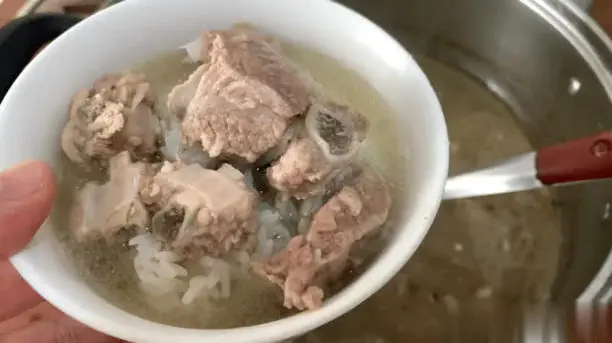
Vietnam's most exported spice in the world: Good for the heart, diabetes nemesis
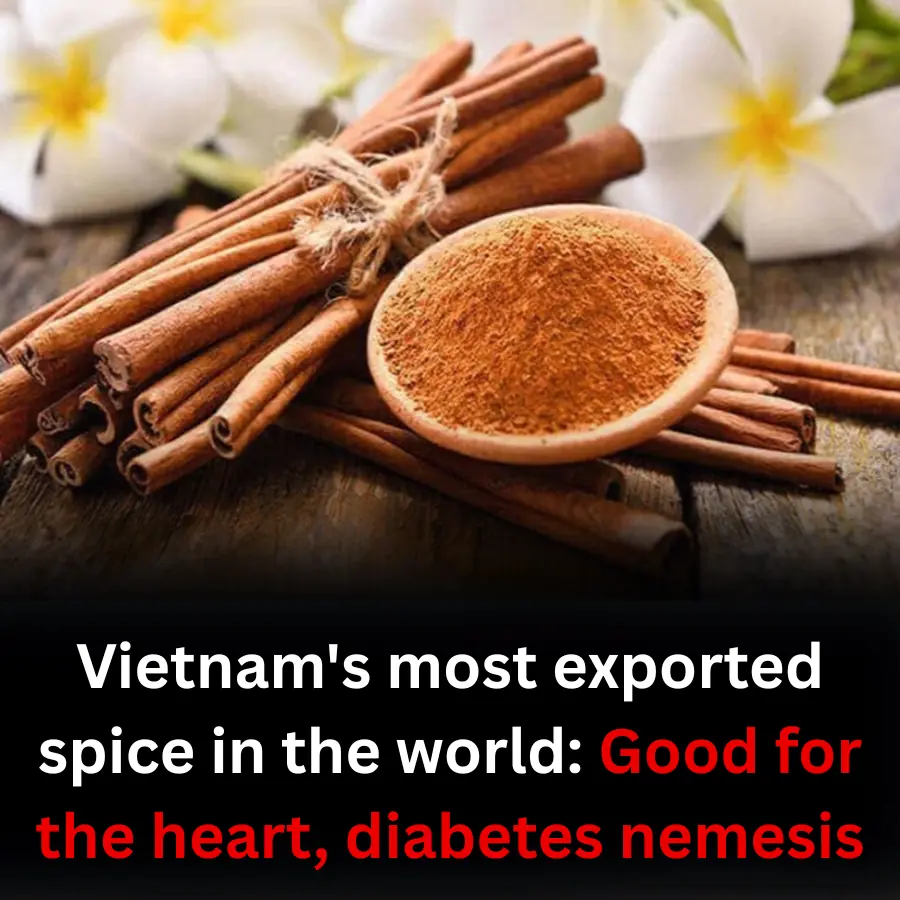
Vietnam’s Most Exported Spice: Cinnamon – Good for the Heart, a Nemesis of Diabetes
Vietnam, known for its rich agricultural diversity, has made a significant mark on the global spice map. Among its most exported and valuable agricultural commodities is cinnamon, particularly the high-quality Saigon cinnamon (Cinnamomum loureiroi). With its strong aroma, high essential oil content, and powerful health benefits, Vietnamese cinnamon is not just a flavor-enhancer but a natural health booster—especially for cardiovascular health and blood sugar regulation. This humble spice has gained international acclaim for being both a culinary treasure and a potential “nemesis” of diabetes.
The Rise of Vietnamese Cinnamon on the Global Market
Vietnam is one of the top three exporters of cinnamon in the world, alongside Indonesia and Sri Lanka. What sets Vietnamese cinnamon apart is its exceptional oil content, especially cinnamaldehyde, which gives it a stronger aroma and spicier flavor compared to other varieties. Major export markets include the United States, India, Bangladesh, and Europe, where demand for natural, functional foods continues to rise.
Regions such as Yên Bái, Quảng Nam, Quảng Ngãi, and Lào Cai are known for cultivating premium cinnamon. The ideal climate, mountainous terrain, and traditional farming practices contribute to the high quality of the spice. Vietnam's cinnamon industry not only brings economic value but also supports the livelihood of thousands of ethnic minority farmers in remote areas.
Why Cinnamon Is More Than Just a Spice
Cinnamon has been used in traditional medicine for centuries across Asia and the Middle East. In modern science, it’s being recognized for its antioxidant, anti-inflammatory, antidiabetic, and antimicrobial properties. These benefits make it particularly relevant in addressing two major global health issues: heart disease and type 2 diabetes.
Let’s explore why cinnamon deserves its title as a "super spice."
1. Supports Heart Health
Heart disease remains the leading cause of death worldwide. Cinnamon contributes to cardiovascular health in several important ways:
-
Lowers bad cholesterol (LDL): Studies show that cinnamon can reduce levels of LDL cholesterol and triglycerides while maintaining or even increasing good cholesterol (HDL).
-
Reduces blood pressure: Regular consumption of cinnamon may help lower systolic and diastolic blood pressure in people with hypertension.
-
Anti-inflammatory action: Chronic inflammation is a risk factor for heart disease. Cinnamon’s active compounds, especially cinnamaldehyde, help reduce systemic inflammation.
-
Improves blood circulation: Cinnamon can enhance blood flow and prevent blood clot formation, lowering the risk of stroke or heart attack.
The combination of these effects makes cinnamon a powerful natural ally for maintaining a healthy heart.
2. Helps Control Blood Sugar – A Diabetes Fighter
Type 2 diabetes is a growing epidemic globally. One of cinnamon’s most studied and celebrated benefits is its impact on blood sugar regulation:
-
Improves insulin sensitivity: Cinnamon can increase the responsiveness of cells to insulin, making it easier for the body to regulate blood sugar.
-
Lowers fasting blood glucose: Several clinical trials have shown that cinnamon may modestly reduce fasting blood sugar levels.
-
Slows carbohydrate digestion: Cinnamon may reduce the rate at which carbohydrates are broken down in the digestive tract, leading to a more gradual rise in blood sugar.
While cinnamon is not a cure for diabetes, it can be an effective complementary approach, especially when combined with a healthy diet and regular exercise.
3. Antioxidant and Anti-inflammatory Properties
Vietnamese cinnamon is rich in polyphenols and flavonoids that act as antioxidants—compounds that protect cells from oxidative stress and damage caused by free radicals. Chronic oxidative stress is linked to aging and various diseases, including cancer and neurodegenerative disorders.
-
Reduces inflammation: Cinnamon inhibits the production of pro-inflammatory cytokines, helping reduce inflammation throughout the body.
-
Supports immune function: The antimicrobial properties of cinnamon help protect against bacterial and fungal infections, particularly in the digestive tract.
These benefits support not only heart and metabolic health but overall immunity and well-being.
4. A Versatile Ingredient in Everyday Life
One of the reasons cinnamon is so popular is its versatility in both sweet and savory dishes. Here are some easy ways to incorporate Vietnamese cinnamon into your daily routine:
-
Sprinkle ground cinnamon on oatmeal, yogurt, or fruit.
-
Add a cinnamon stick to teas, herbal infusions, or hot water with lemon.
-
Use in baking for breads, muffins, or cookies.
-
Enhance savory dishes like curries or stews with a pinch of cinnamon.
-
Try cinnamon tea as a warming drink that helps digestion and balances blood sugar.
Vietnamese cinnamon, with its intense flavor, can often be used in smaller amounts than milder varieties—making it both economical and effective.
5. Precautions: Use in Moderation
Despite its many benefits, cinnamon should be consumed in moderation. Saigon cinnamon (a type of cassia cinnamon) contains higher levels of coumarin, a natural compound that, in large amounts, can be harmful to the liver or interfere with blood thinning medications.
-
The European Food Safety Authority (EFSA) recommends a maximum daily intake of 0.1 mg of coumarin per kg of body weight.
-
Ceylon cinnamon, often marketed as “true cinnamon,” contains much lower coumarin levels, but is milder in flavor.
For most healthy adults, adding a small amount of cinnamon to food daily is safe, but large or concentrated doses (such as in supplement form) should be discussed with a healthcare provider—especially for those with liver disease or those on medications.
Vietnam’s Cinnamon Industry: A Blend of Economy and Wellness
Vietnam’s cinnamon industry is not only a powerhouse of agricultural export but also a contributor to global health. As consumers become more interested in natural, functional foods, spices like cinnamon are taking center stage for their dual benefits—flavor and function.
With proper promotion, quality control, and sustainable farming practices, Vietnamese cinnamon has the potential to remain a global leader in the spice market while improving public health worldwide.
Conclusion
Cinnamon, Vietnam’s most exported spice, is more than just a fragrant addition to your kitchen. It’s a cardiovascular protector, a blood sugar balancer, and a natural antioxidant powerhouse. When used wisely and regularly, this “super spice” can be a valuable tool in preventing and managing chronic diseases like heart disease and type 2 diabetes.
By embracing the health benefits of cinnamon and supporting sustainable production, consumers not only enrich their lives but also contribute to the growth of one of Vietnam’s most important agricultural sectors.
If you’d like, I can also help develop infographics, a product label, or a short promotional script about Vietnamese cinnamon for export or wellness campaigns.
News in the same category

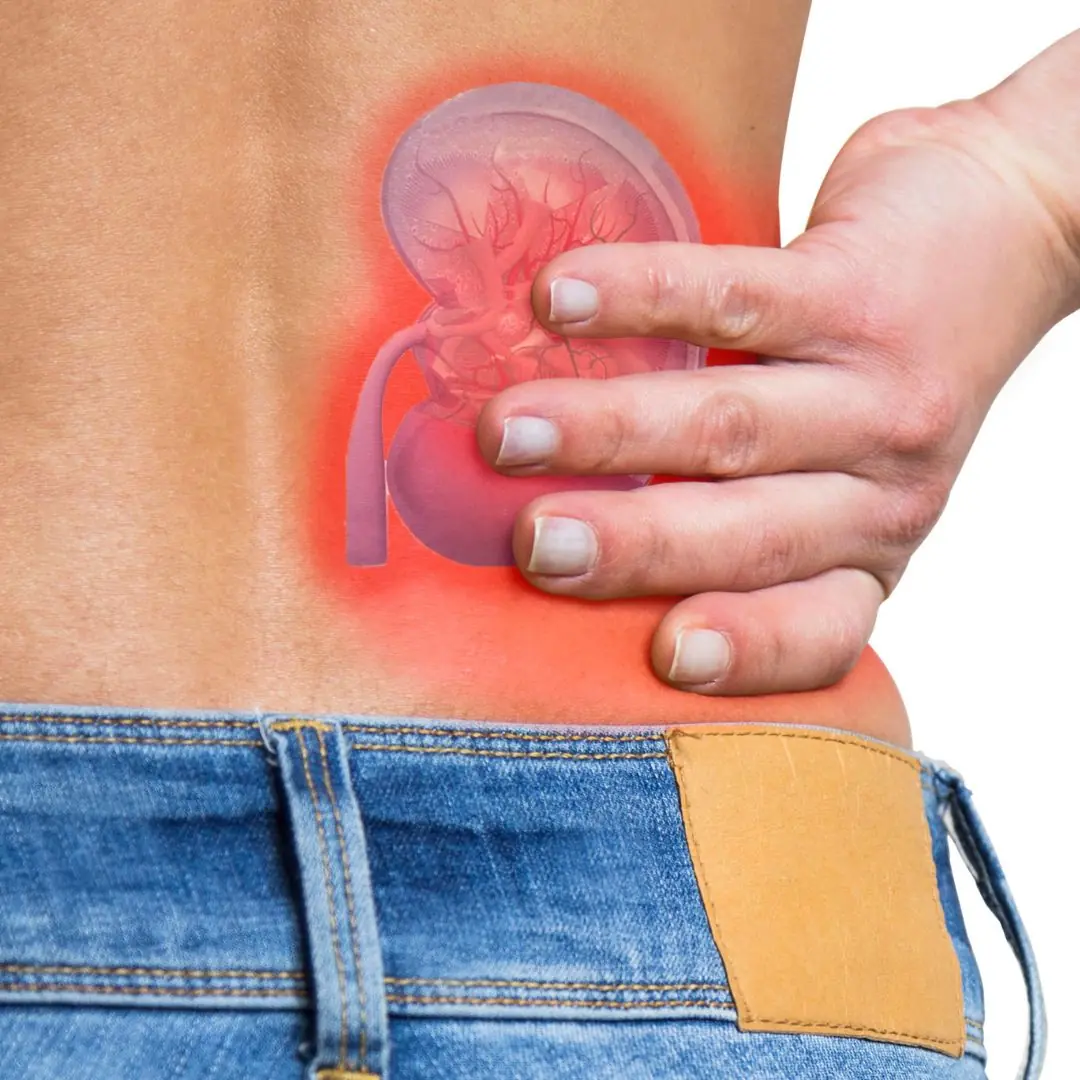
4 Healing Drinks to Prevent and Dissolve Kidney Stones

Top vegetable to help reduce visceral fat extremely effectively, nutritionist reveals 4 more easy ways to lose weight
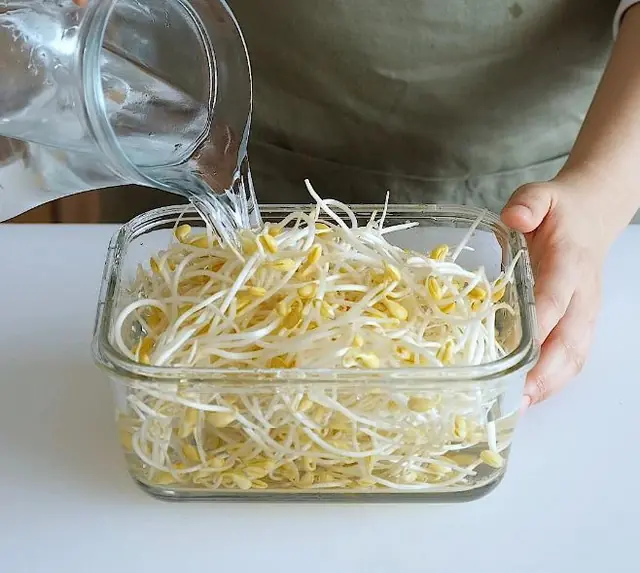
3 Common Yet Har.mful Ways People Store Bean Sprouts — Convenient but Nutrient-Depleting and Risky to Health

2 Hidden Spots in Your Washing Machine That Make Clothes Dirtier
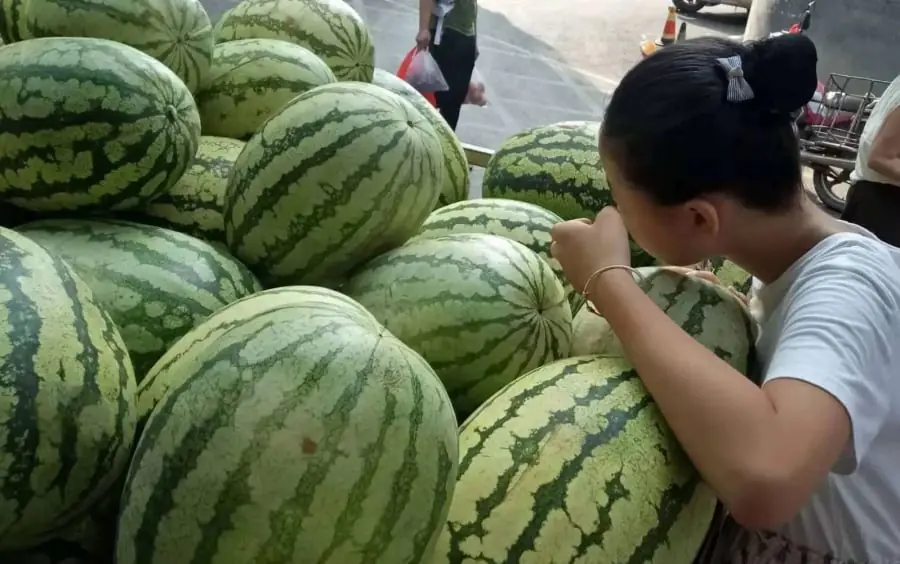
Summer, how to choose the right naturally sweet ripe watermelon: No need to type, just look at one spot and you'll know right away

2 "hidden corners" of the washing machine that make clothes dirtier the more you wash them, 90% of people don't know

These 5 plants are the "nemesis" of formaldehyde: Swallow fine dust, purify air very well
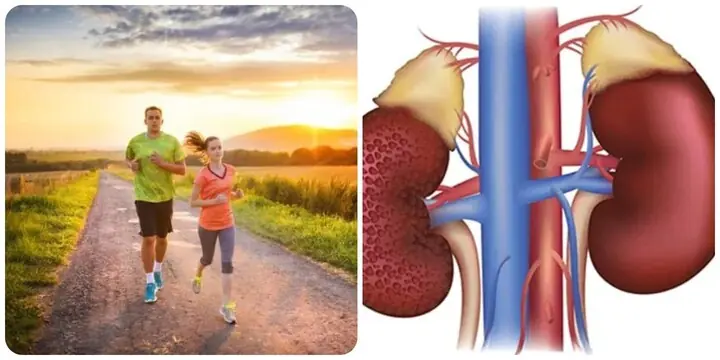
8 habits to keep your kidneys healthy

3 Smart Tips to Keep Shrimp Fresh for a Year—Still Firm, Sweet, and Delicious
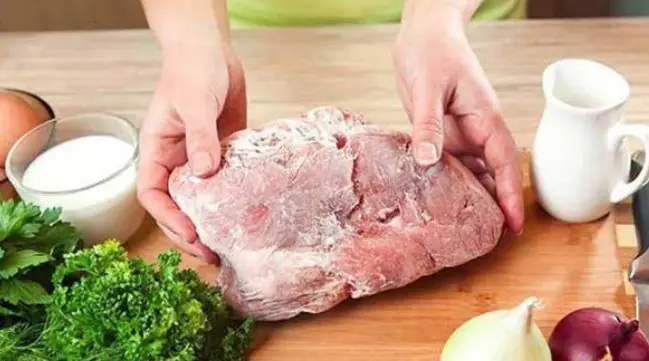
4 taboos when defrosting food, know and avoid "inviting disaster"

How harmful is cooking oil for pets when used in food processing?
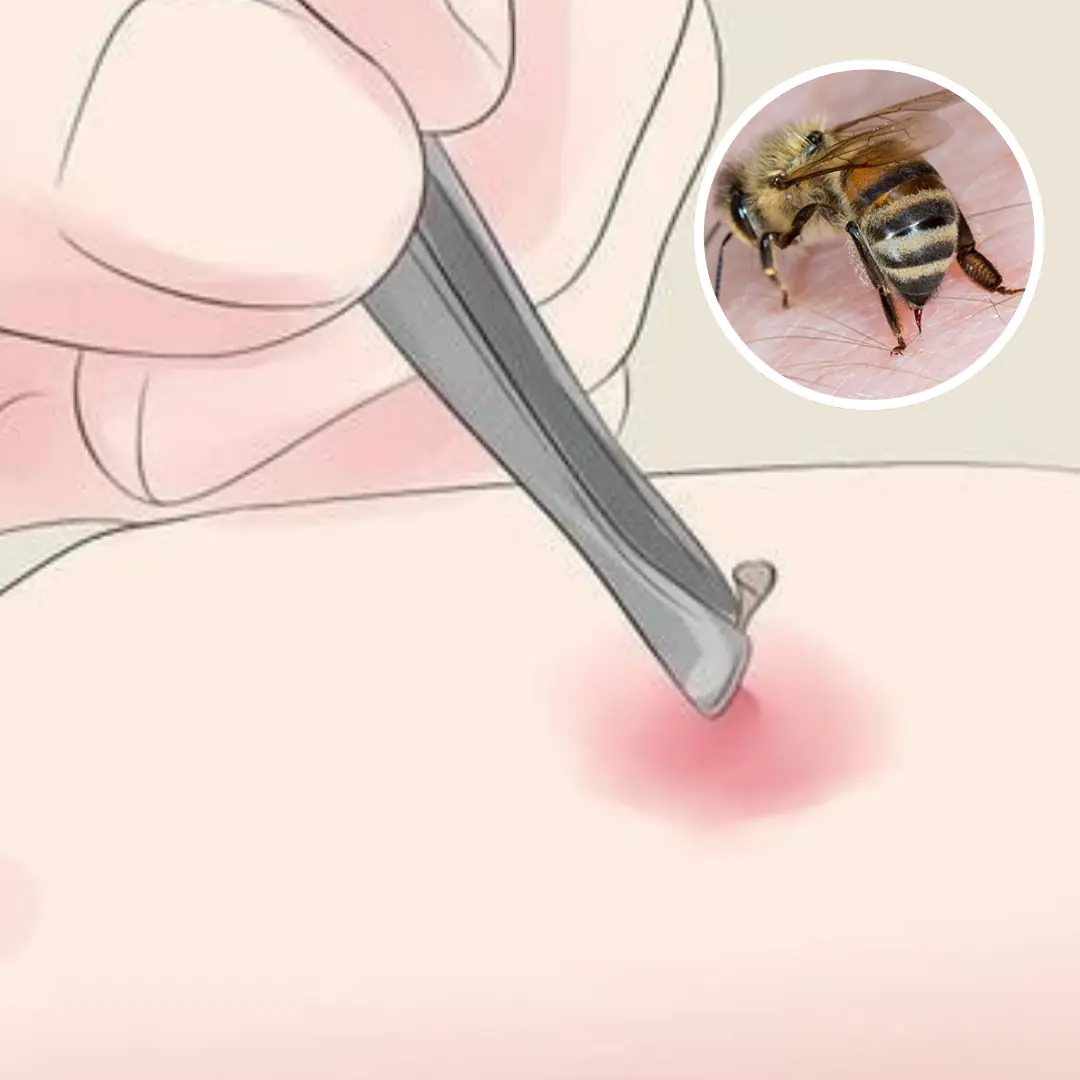
Is bee sting da.ng.erous and what is first aid?
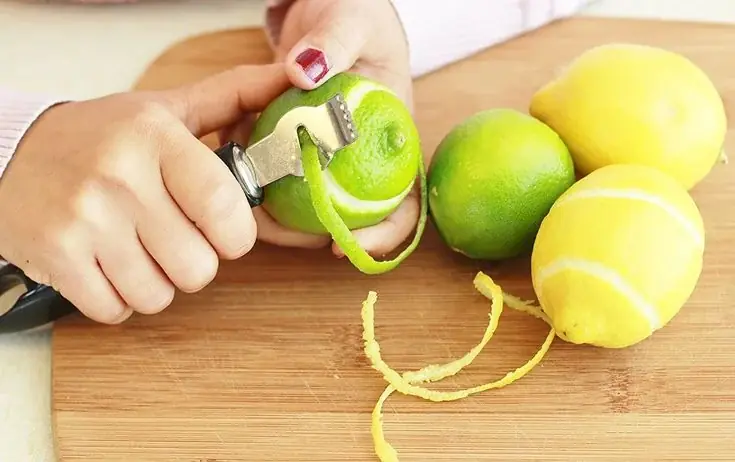
Don’t Throw Away Lemon Peels
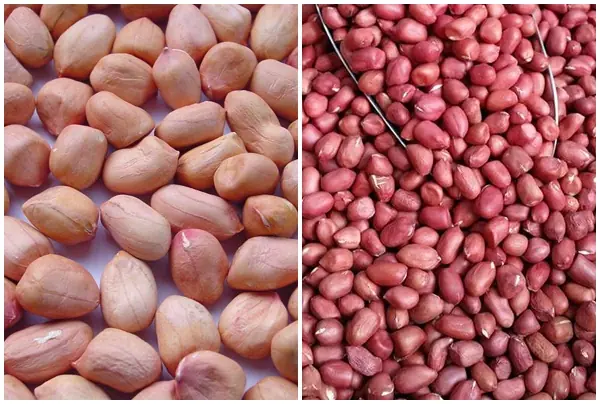
The difference between red peanuts and white peanuts

We have a habit of freezing meat and fish to eat gradually, so how long can frozen food be used to ensure safety and quality?
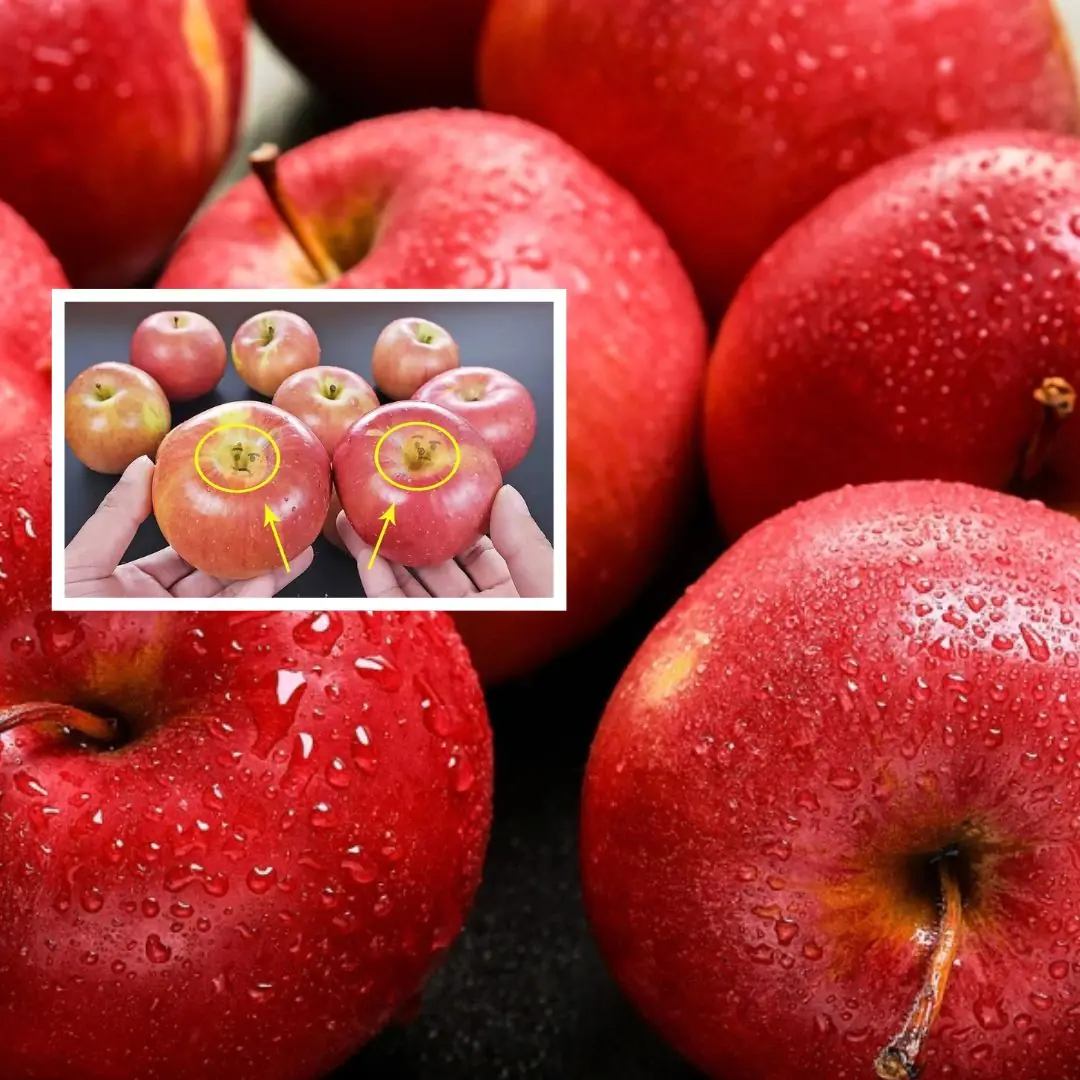
Want crisp, juicy, and delicious apples?
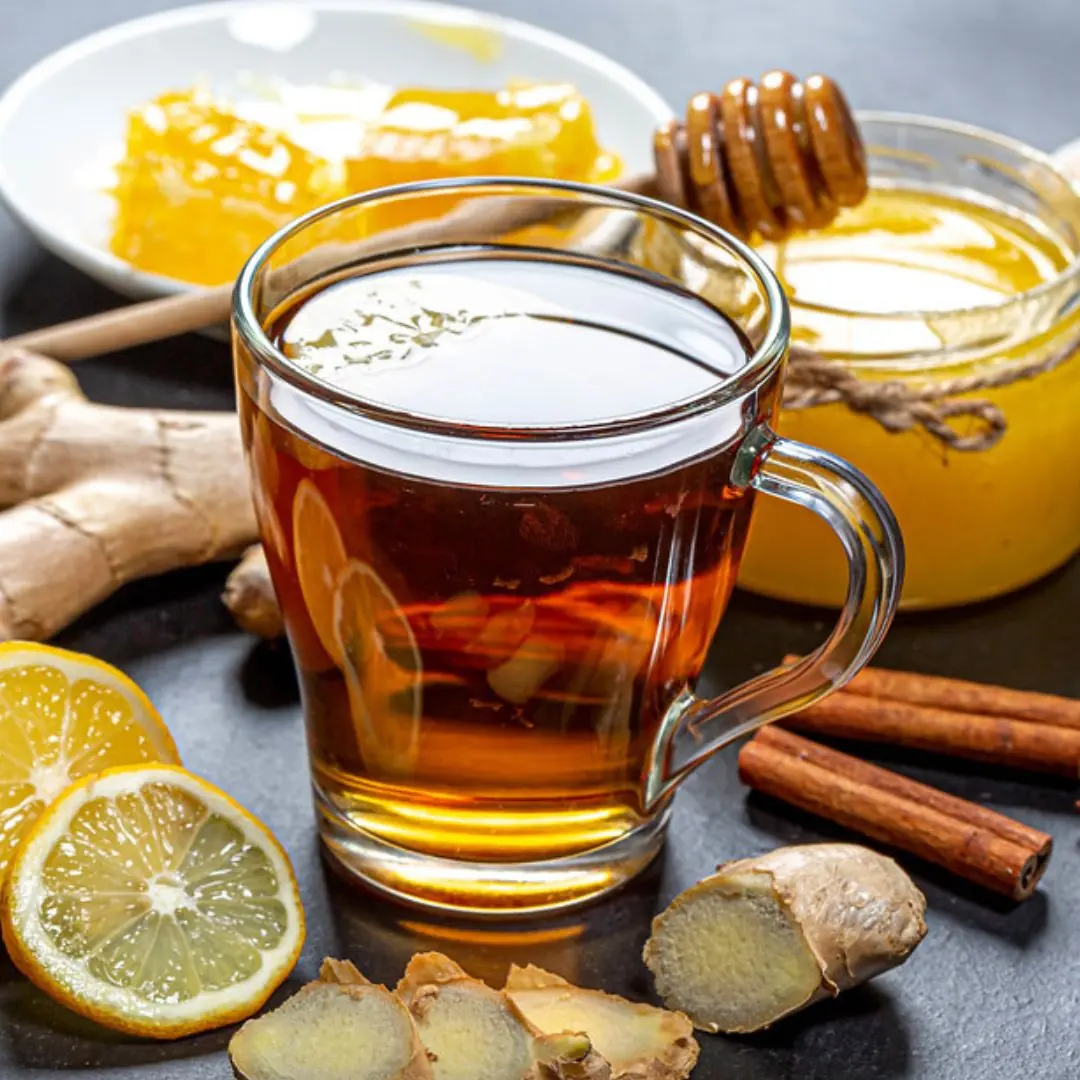
Ways to Maximize the Health Benefits of Cinnamon
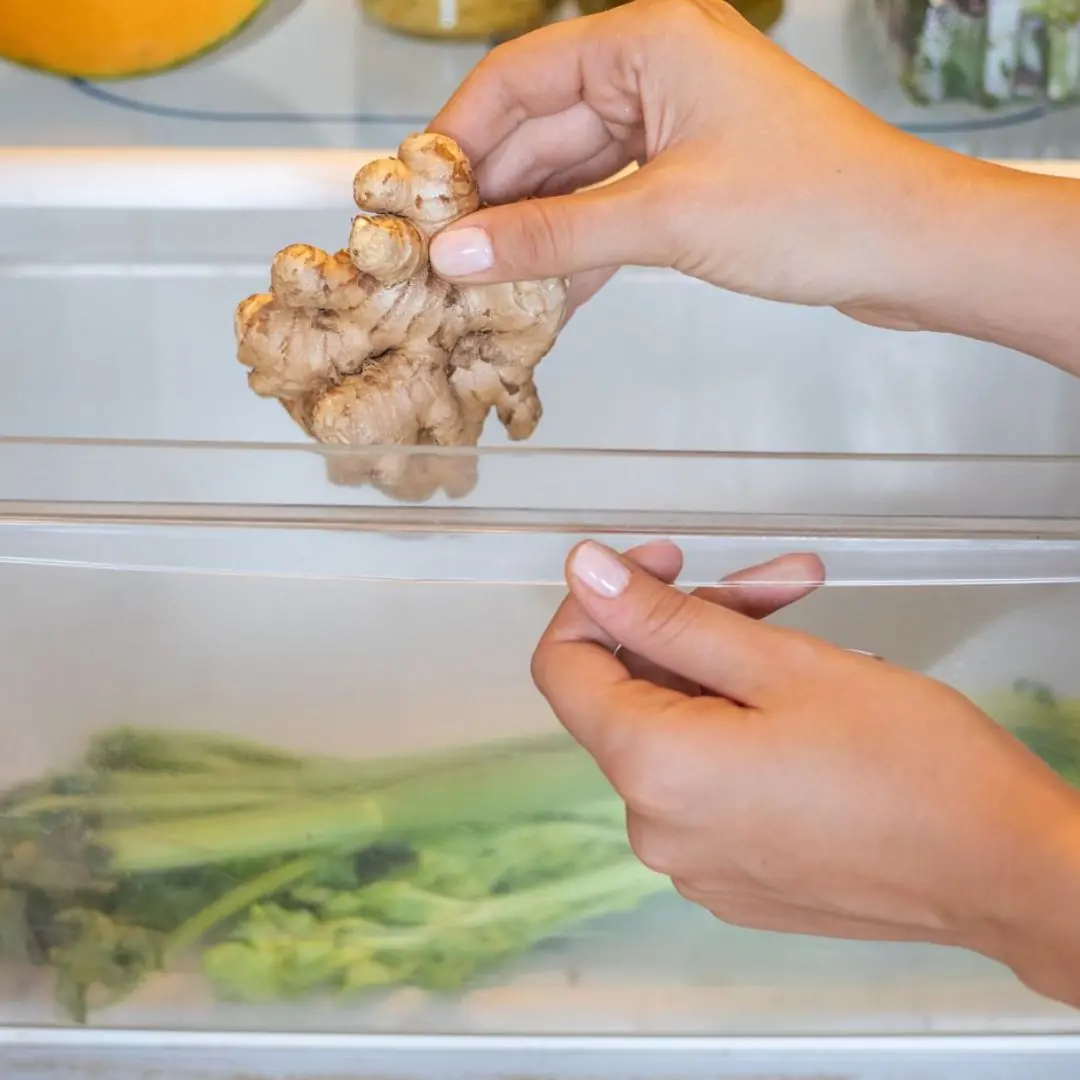
With just a few simple tips below, you can keep ginger fresh for up to 6 months, without refrigeration, without taking much time.

9 Natural Remedies For Teeth Whitening
News Post
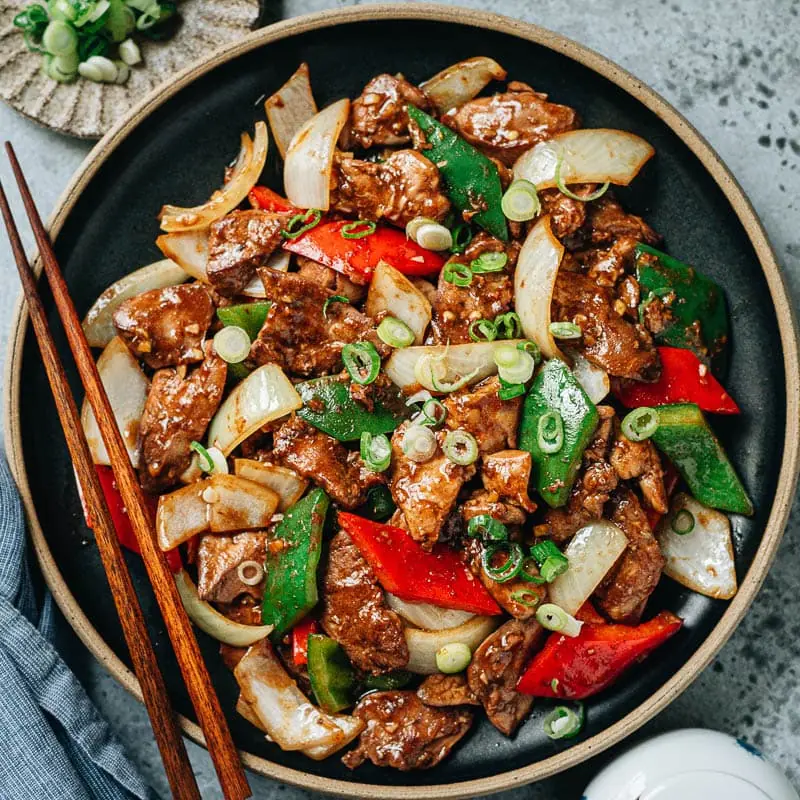
The Most Nutritious Part of the Chicken—“Pricier than Gold” Yet Often Thrown Away by Home Cooks
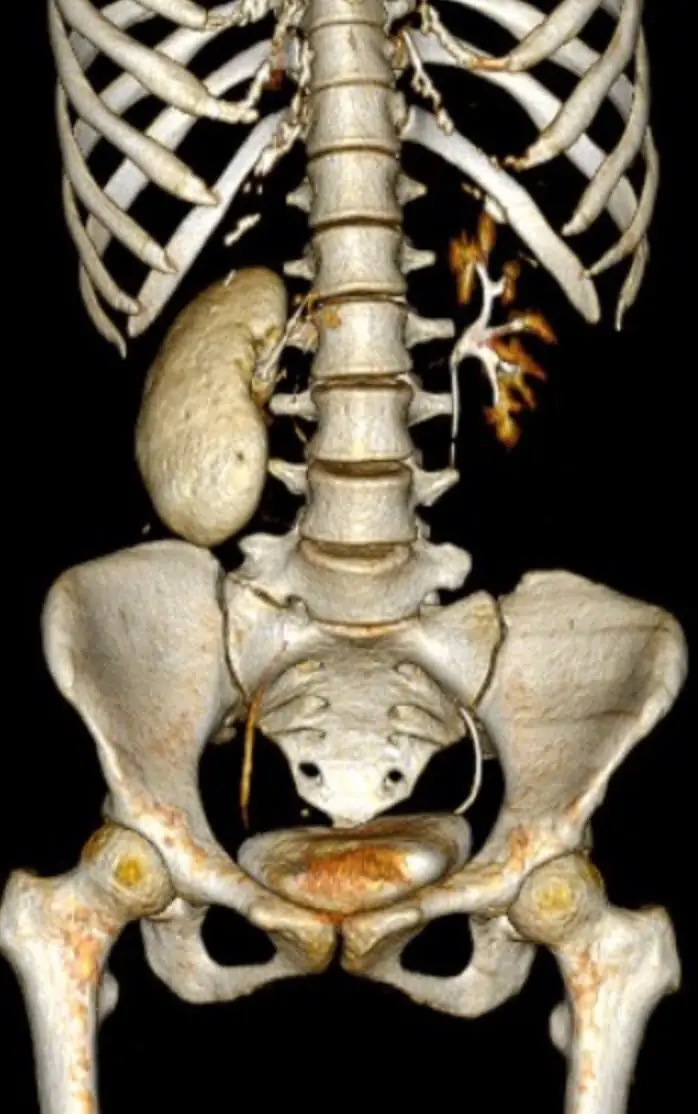
Doctor Urges 4 Actions to Protect Your Body’s "Blo.od Filter"
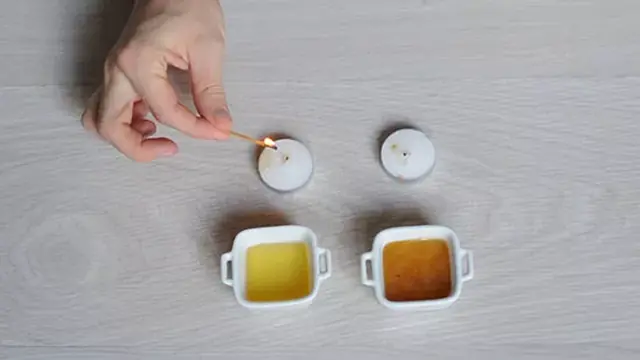
6 Smart Tips for Choosing Quality Honey Sellers Don’t Want You to Know

Can overly hot baths harm your heart and circulation?

7 signs of brain c.a.ncer that are easily confused with other diseases

4 Things to Avoid After 5 PM to Lower Your Risk of Stro.ke
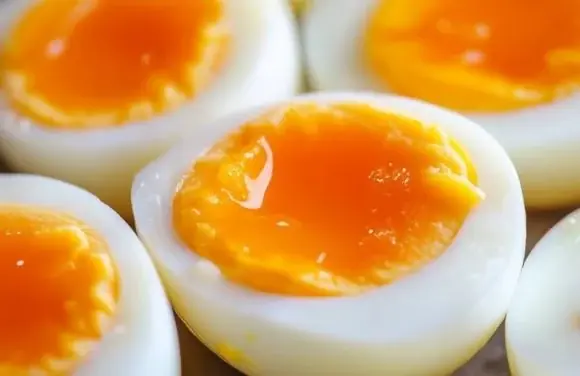
Doctors Warn: This Common Way of Eating Boiled Eggs Can Clog Your Arteries

Blanch Bones First or Simmer Directly?
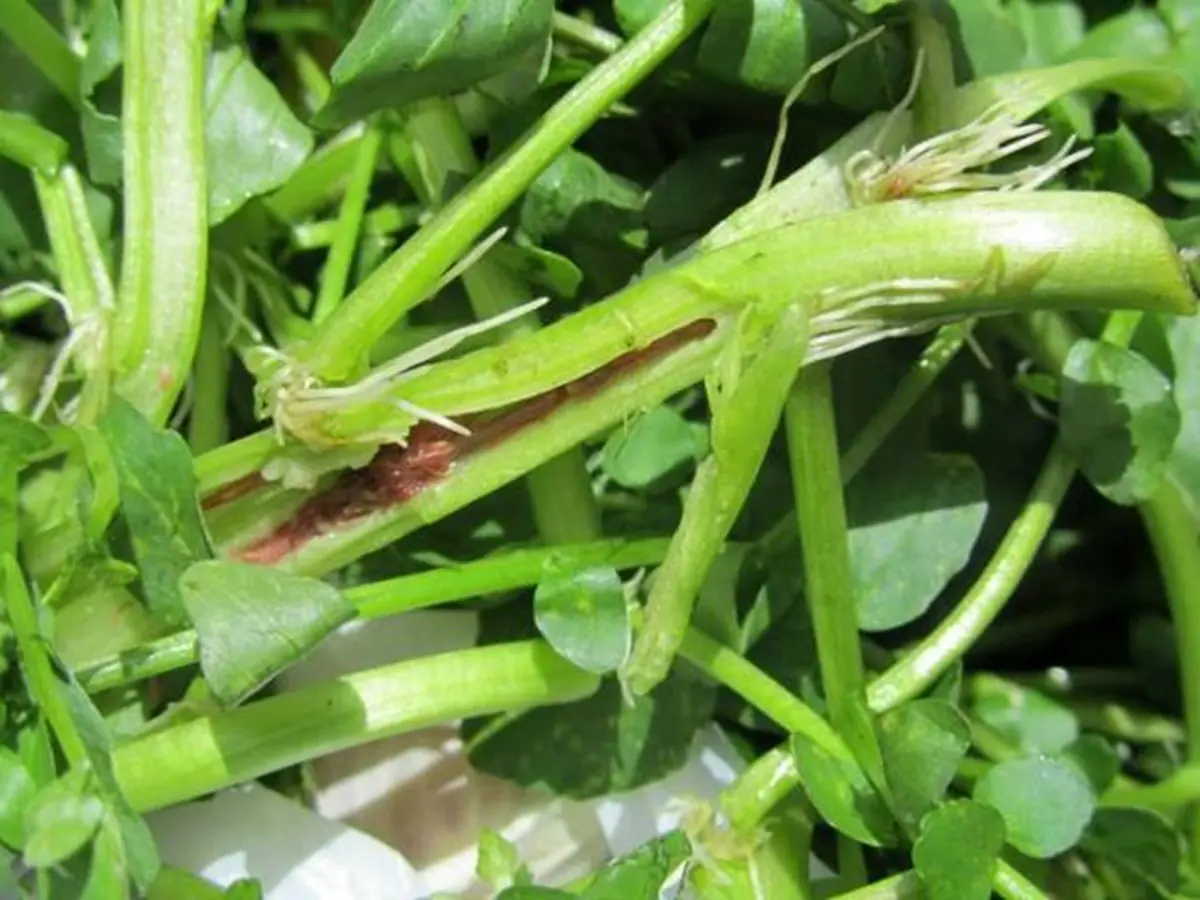
2 Common Vegetables That Can Harbor Parasites
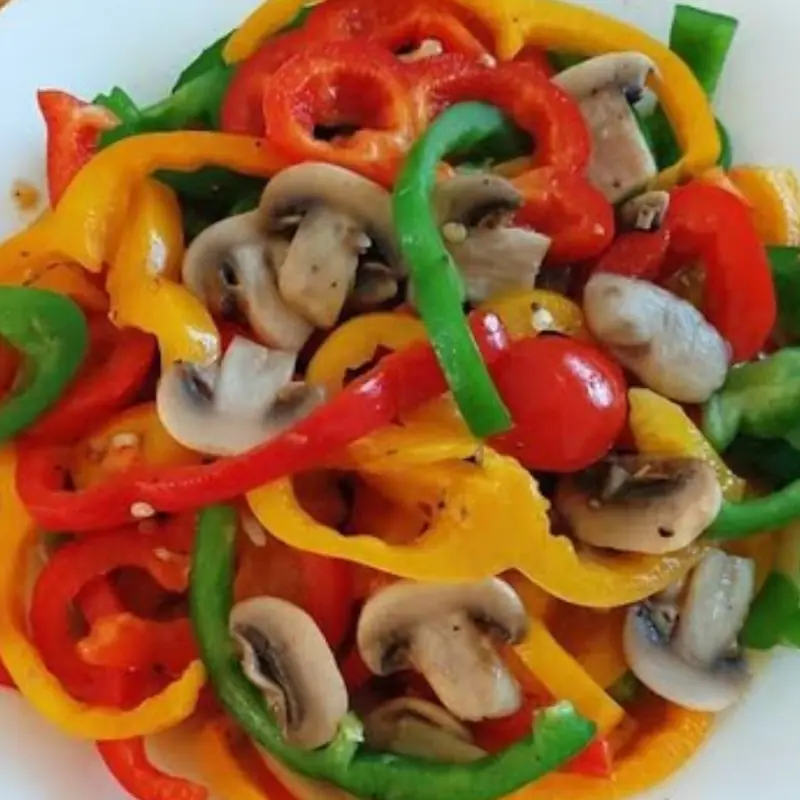
The 'Vitamin C King' of the Vegetable World

Avoid Swimming If You Spot 'Square Waves'
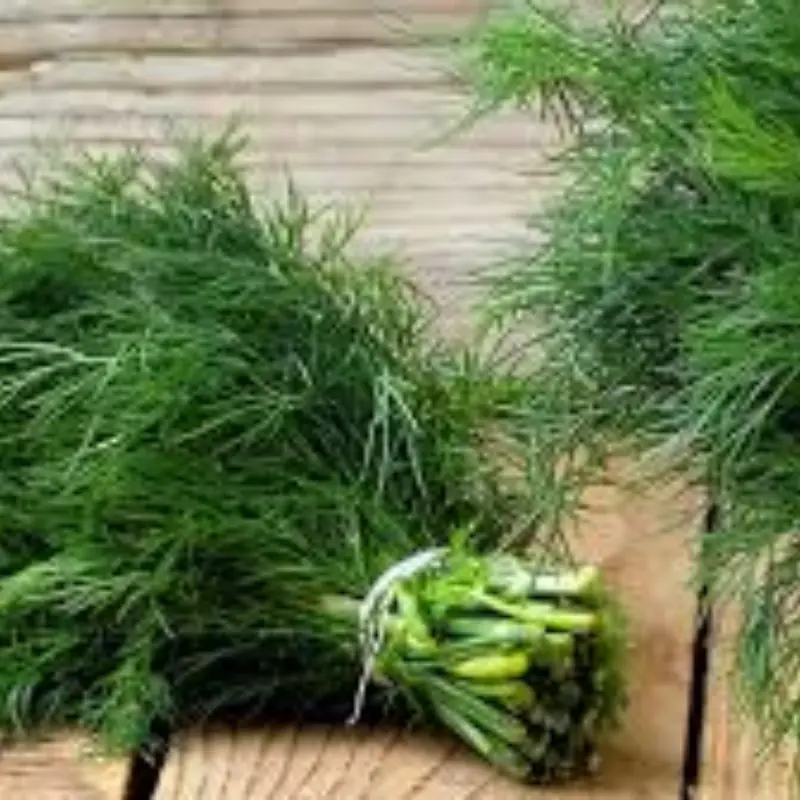
3 Green Vegetables Called the “King” of Sto.mach Protection
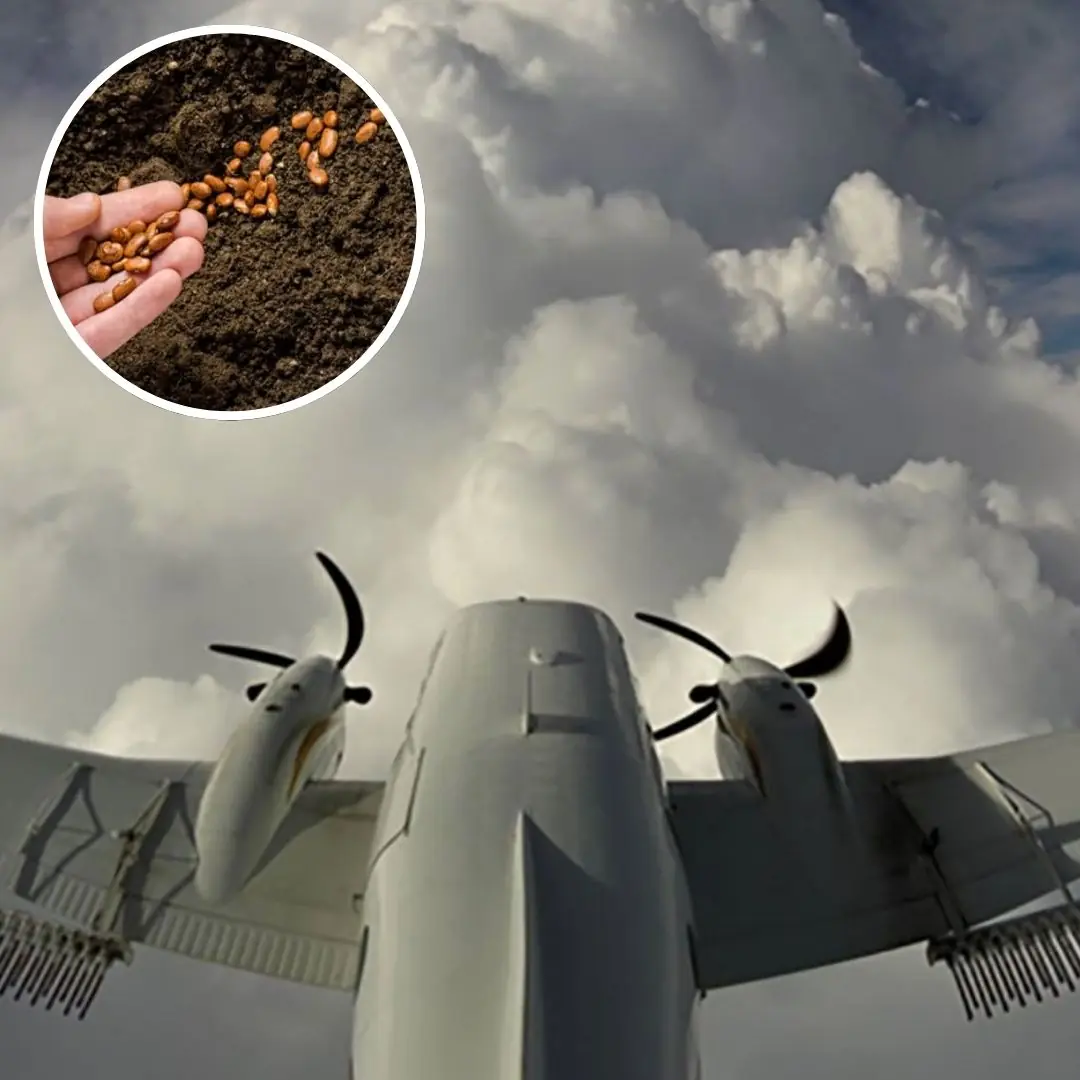
Why You Should Not Bring Seeds on a Plane: A Detailed Explanation
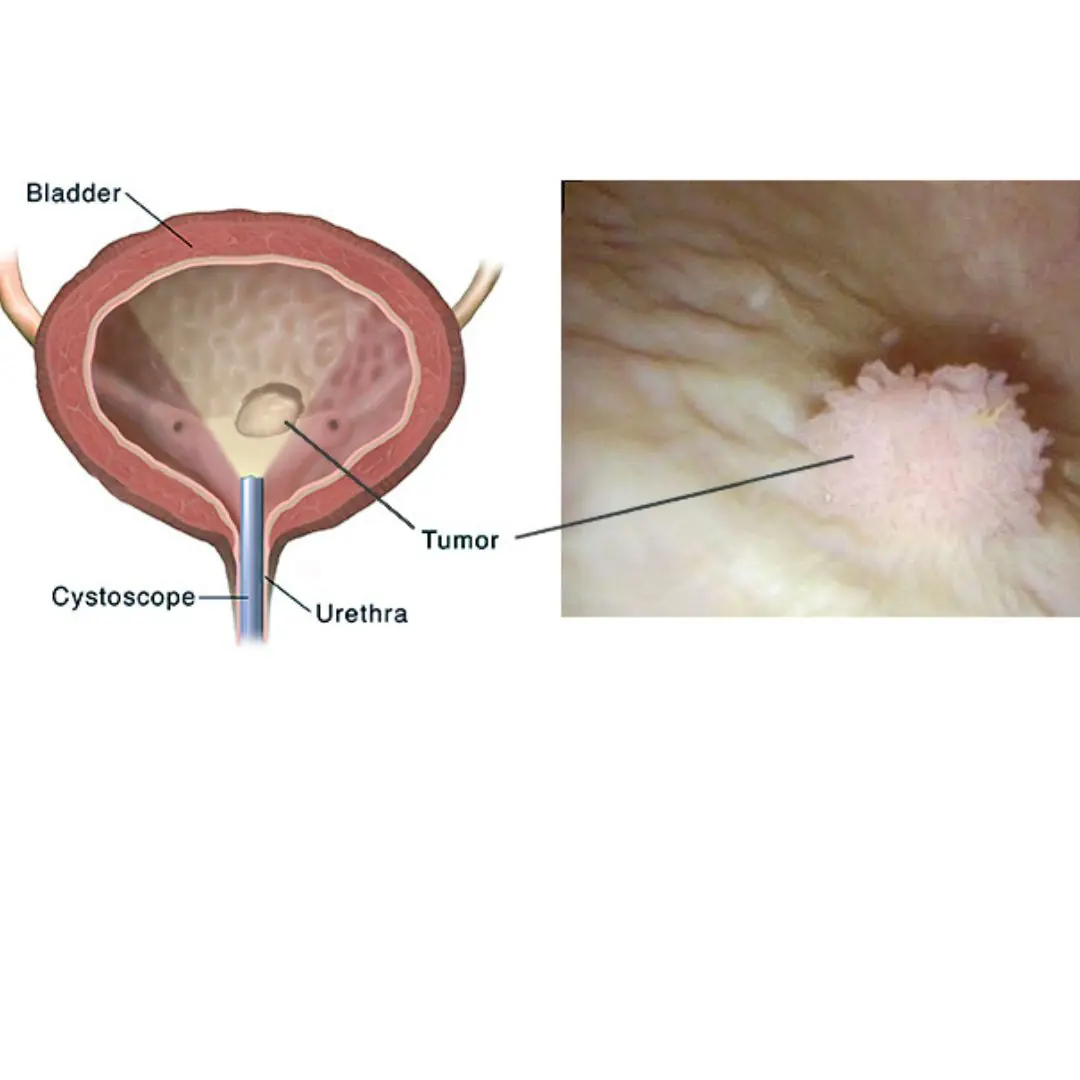
Bladder Ca.ncer: Symptoms You Shouldn’t Ignore

4 Healing Drinks to Prevent and Dissolve Kidney Stones

10 Powerful Reasons a Simple Smile Can Change Your Life

The Surprising Benefits of Donating Bl.o.od
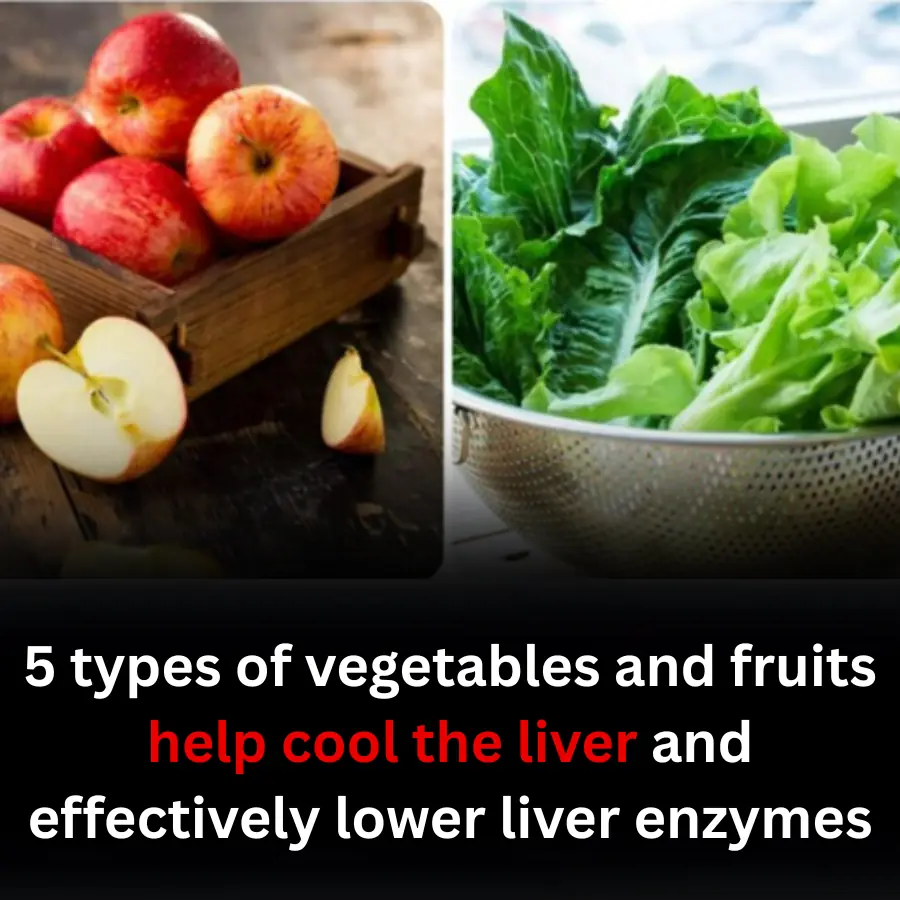
5 types of vegetables and fruits help cool the liver and effectively lower liver enzymes

Top vegetable to help reduce visceral fat extremely effectively, nutritionist reveals 4 more easy ways to lose weight
